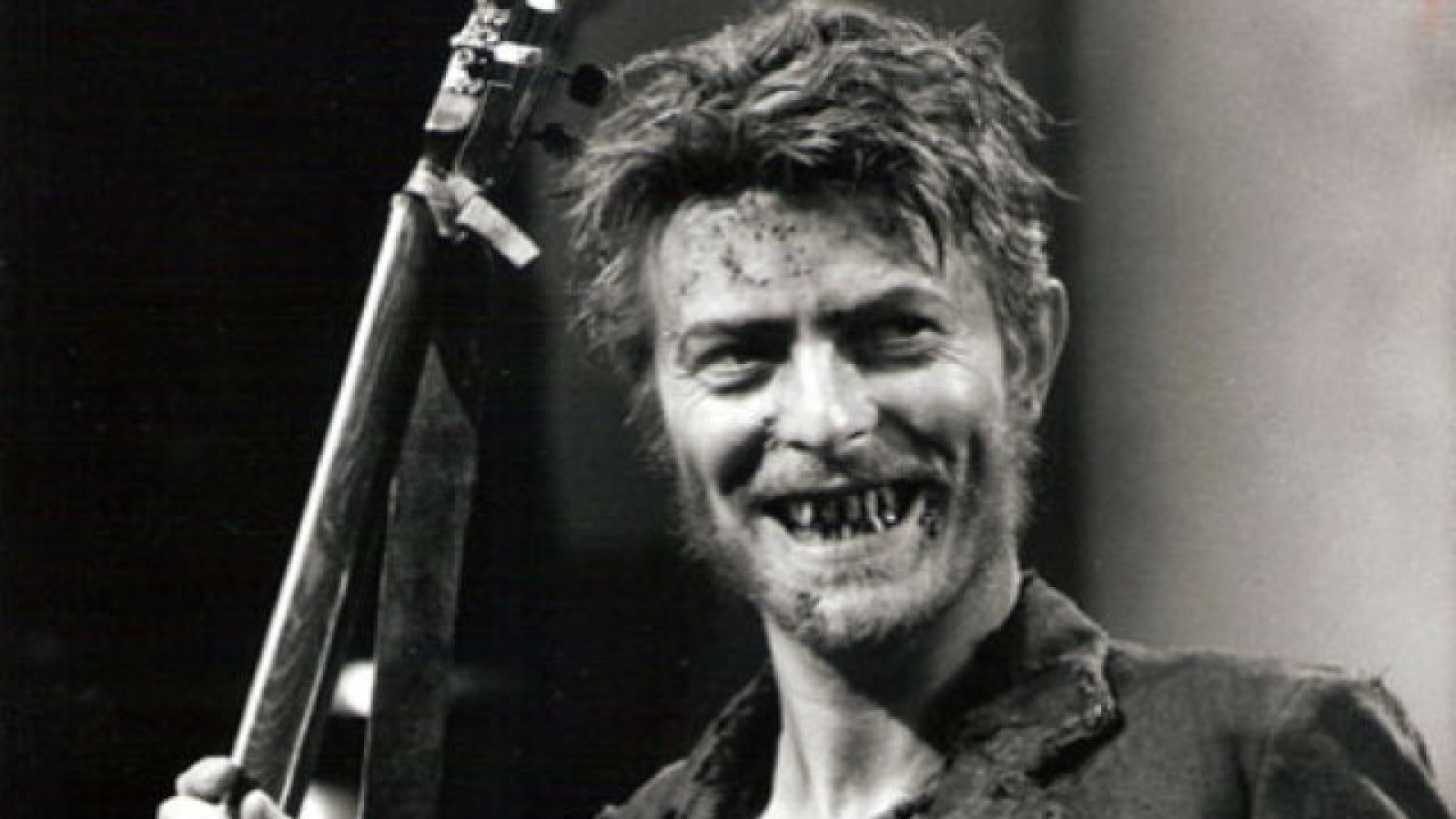This 35mm screening is part of the beer and pizza night season at the Prince Charles Cinema. You can find all the details here.
Time Out review:
The series only ran from '79 to '82, but the cast of 'Galaxy Quest' are making a living of sorts on the fan convention circuit. Facing yet more dorky devotees hardly enthuses the show's alien and science officer, Alexander Dane (Rickman), communications officer Gwen DeMarco (Weaver), and commander Jason Nesmith (Allen). Still, they need the money, so they tag along when a dweeby-looking bunch inveigles them into visiting their mock-up of the programme's old vessel, the 'Protector'. But the twist is, this time the ship was actually crafted on a distant planet, where transmissions of 'Galaxy Quest' have been mistaken for historical documents, and the misguided extra-terrestrials have gambled on recruiting heroic Allen and crew to save their world from interstellar rivals. The actors have played this script before, but now it's for real. Gently satirising the Trekkie phenomenon, Parisot's movie works a treat because it's sufficiently knowing to have the references down pat, but affectionate enough to have a soft spot for just about everyone. Effects and production design are also splendidly integrated into the overall enterprise, which is even more enjoyable for being so unexpected.
Trevor Johnston
Here (and above) is the trailer.
